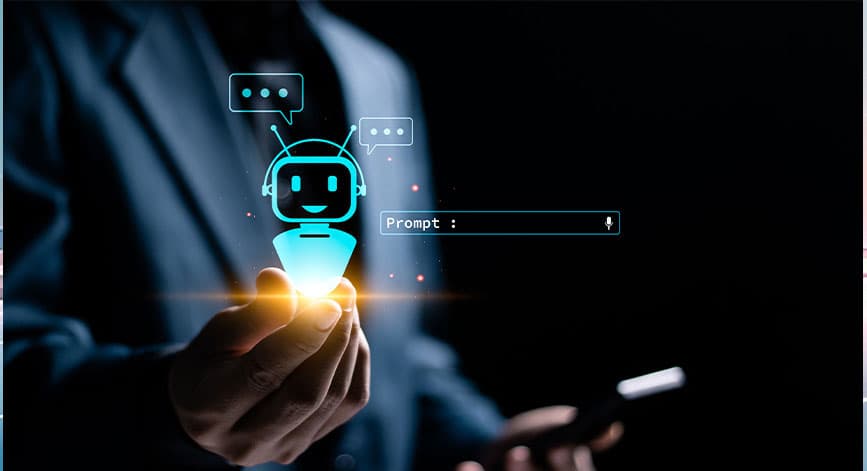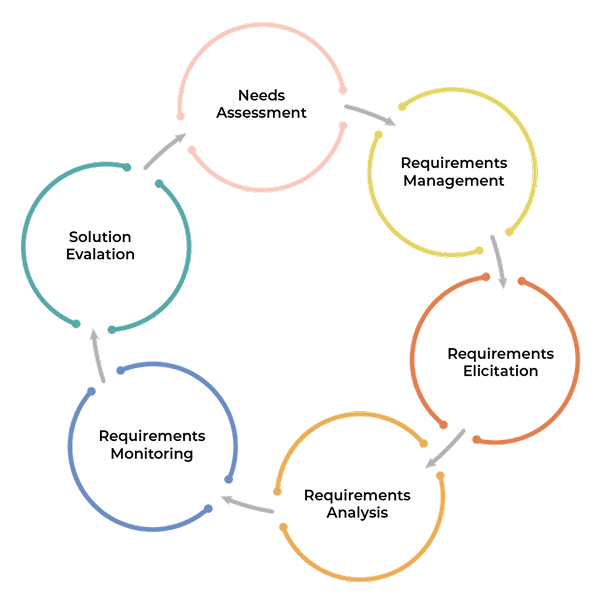Intelligent Customer Service Agents
- Natural language understanding for customer inquiries
- Automated ticket routing and priority classification
- Multi-channel communication management (email, chat, voice, social media)
- Sentiment analysis and emotion detection in customer interactions





